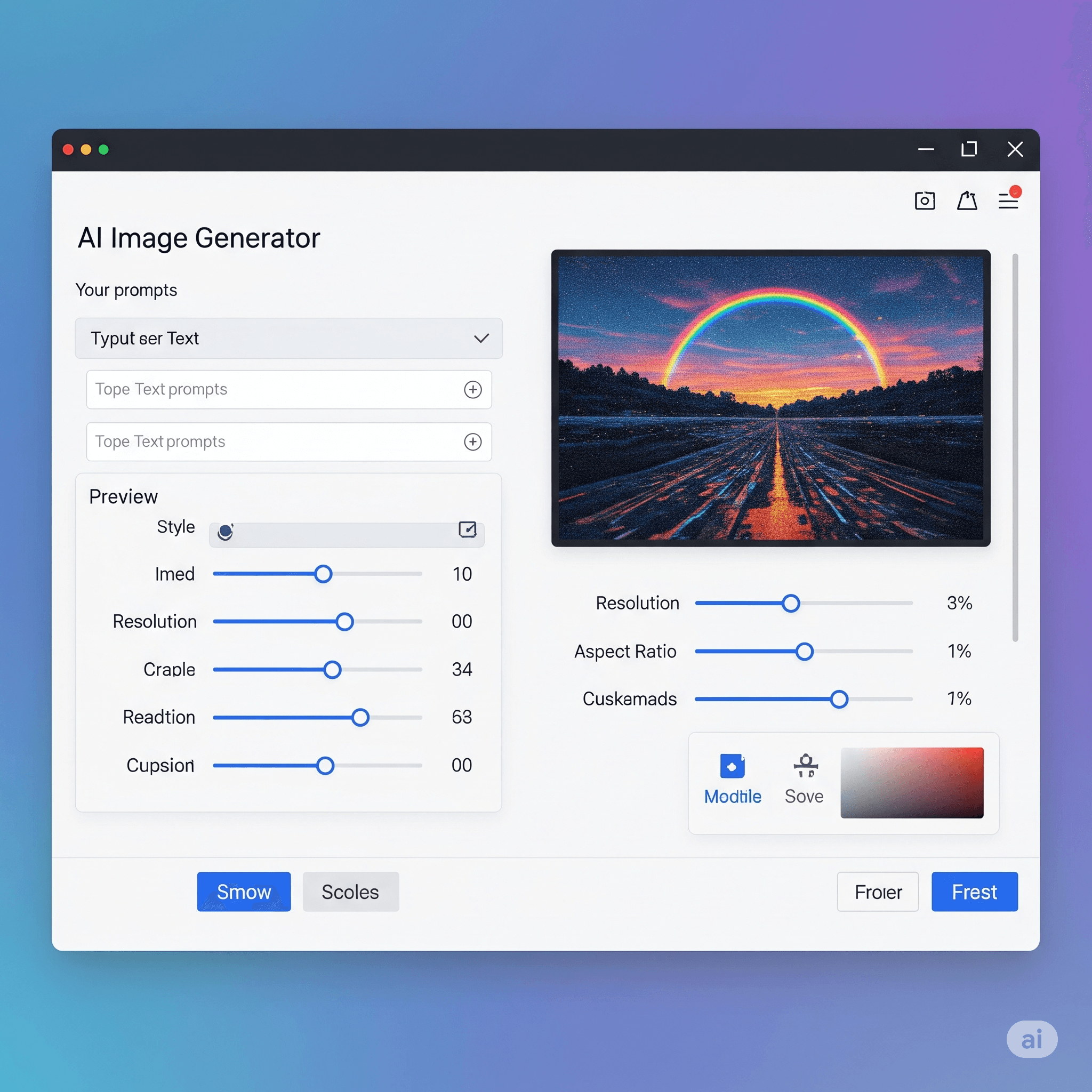Question: What is the name of an application program that gathers user information and sends it to someone through the Internet?
Answer:
The name of an application program that gathers user information and sends it to someone through the Internet is commonly referred to as a "spyware" or "keylogger" or "spyware".
Spyware is a type of malicious software that is designed to gather information about a user's activities without their knowledge or consent. It can monitor and record various actions, such as keystrokes, web browsing habits, passwords, and sensitive data. The collected information is then transmitted to a remote attacker or entity over the Internet.
Keyloggers, specifically, are a type of spyware that focus on capturing and recording keystrokes entered by the user. This allows the attacker to obtain usernames, passwords, credit card details, and other confidential information.
Both spyware and keyloggers are considered forms of malware and are typically installed on a user's system without their knowledge or consent. They can infiltrate computers through various means, such as malicious downloads, infected websites, or deceptive email attachments.
The purpose of such programs is often malicious, with attackers aiming to collect personal and sensitive information for identity theft, financial fraud, or other nefarious activities. Protecting against spyware and keyloggers involves using reputable antivirus and anti-malware software, regularly updating software and operating systems, being cautious when downloading files or clicking on links, and practicing safe browsing habits.
It's important to note that the use of spyware and keyloggers is illegal and unethical unless being used for legitimate purposes, such as law enforcement investigations with proper authorization.
MCQ: What is the name of an application program that gathers user information and sends it to someone through the Internet?
Explanation:
The name of an application program that gathers user information and sends it to someone through the Internet is commonly referred to as a "spyware" or "keylogger" or "spyware".
Spyware is a type of malicious software that is designed to gather information about a user's activities without their knowledge or consent. It can monitor and record various actions, such as keystrokes, web browsing habits, passwords, and sensitive data. The collected information is then transmitted to a remote attacker or entity over the Internet.
Keyloggers, specifically, are a type of spyware that focus on capturing and recording keystrokes entered by the user. This allows the attacker to obtain usernames, passwords, credit card details, and other confidential information.
Both spyware and keyloggers are considered forms of malware and are typically installed on a user's system without their knowledge or consent. They can infiltrate computers through various means, such as malicious downloads, infected websites, or deceptive email attachments.
The purpose of such programs is often malicious, with attackers aiming to collect personal and sensitive information for identity theft, financial fraud, or other nefarious activities. Protecting against spyware and keyloggers involves using reputable antivirus and anti-malware software, regularly updating software and operating systems, being cautious when downloading files or clicking on links, and practicing safe browsing habits.
It's important to note that the use of spyware and keyloggers is illegal and unethical unless being used for legitimate purposes, such as law enforcement investigations with proper authorization.
Discuss a Question
Related Questions
- 1. —— is the measurement of things such as fingerprints and retinal scans used for security access.
- 2. What is the most common tool used to restrict access to a computer system?
- 3. Hardware or software designed to guard against unauthorized access to a computer network is known as a(n):
- 4. The scrambling of code is known as:
- 5. To prevent the loss of data during power failures, use a(n):
- 6. ——Is defined as any crime completed through the use of computer technology.
- 7. —— refers to electronic trespassing or criminal hacking.
- 8. The first electronic computer was developed by
- 9. Snowball is an/a———
- 10. Switching device of fifth generation computer is——–
You may be interested in:
Computer Basics MCQs






